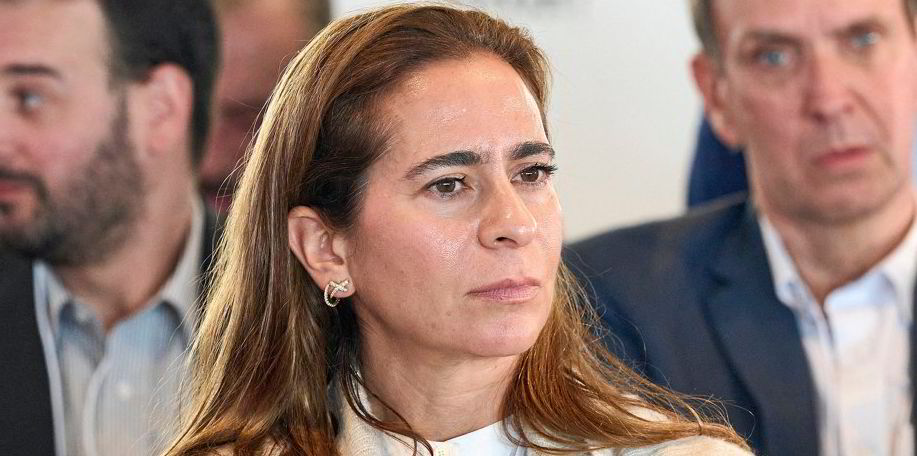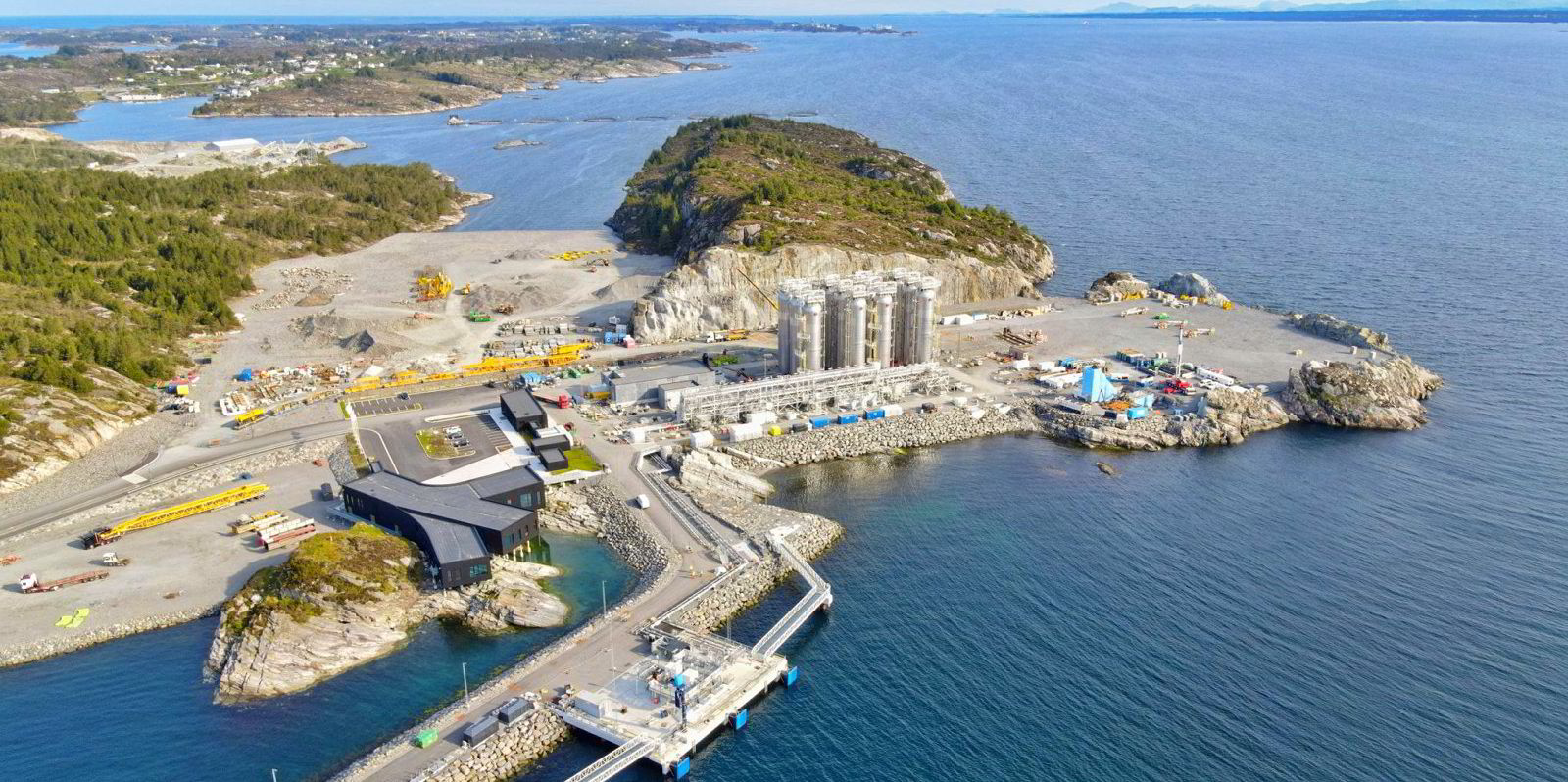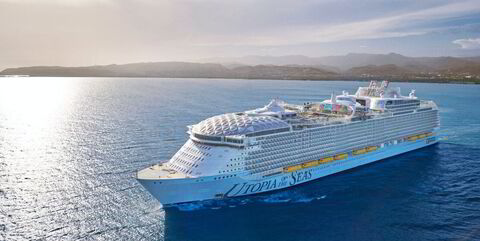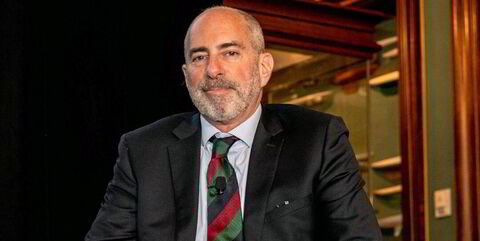For Semiramis Paliou, the voyage towards greener, more sustainable shipping is personal.
“I believe it really has to do with one’s mindset,” says the Diana Shipping chief executive. “It’s not just a task, but it’s something that you deeply believe in. For me sustainability is a huge thing, it’s truly holistic.
“It has to do with our desire to make a positive impact on the world, to leave a better footprint and a legacy for the next generation, for my children and my grandchildren.”

Paliou’s drive and personal commitment appear set to reshape what is a well-run but traditional Greek shipowner. Its 42-ship fleet today is made up of entirely conventional dry bulk vessels ranging in size from newcastlemax down to ultramax with an average age of 10.5 years.
Paliou, who studied mechanical engineering in London before sustainable business at Harvard University, succeeded her father Simeon as chief executive of New York-listed Diana in 2021. She is already making her mark in pushing the company in new directions with forward-looking investments.
In September, Diana became one of the first Greek shipowners to order newbuildings with dual-fuel engines powered by methanol. The two kamsarmax bulkers from China’s Tsuneishi Group (Zhoushan) Shipbuilding are to be delivered in the second half of 2027 and the first half of 2028. They are the first ships the company has ordered in nearly a decade.
Subsequently, Diana invested in a joint venture with German investors for two wind farm newbuildings.
“At present, we don’t have an interest in conventional newbuildings,” says Paliou. “Nevertheless, we’ve placed an order for two dual-fuel methanol kamsarmax vessels because we want to invest in a greener technology. We feel it’s imperative to be active contributors to this changing landscape.
“We want to be part of the solution,” Paliou tells TW+ on the fringes of the Global Maritime Forum summit in Athens. “What may have felt like a bold move a few weeks ago doesn’t feel like one any longer. Things are catching up!”
Notably, Diana hasn’t waited for a charterer to commit to the newbuildings before ordering. “I was expecting more collaboration from the charterers, with the exception of a couple of names. These orders have been placed without the safety net of a long-term charter agreement,” Paliou says.
One major charterer says privately that it has been impressed with Diana’s operations, sustainability standards and ambitions.
Questions about supply of green fuel continue to dominate the decarbonisation debate, not least because other industries appear to be gearing up ahead of shipping.
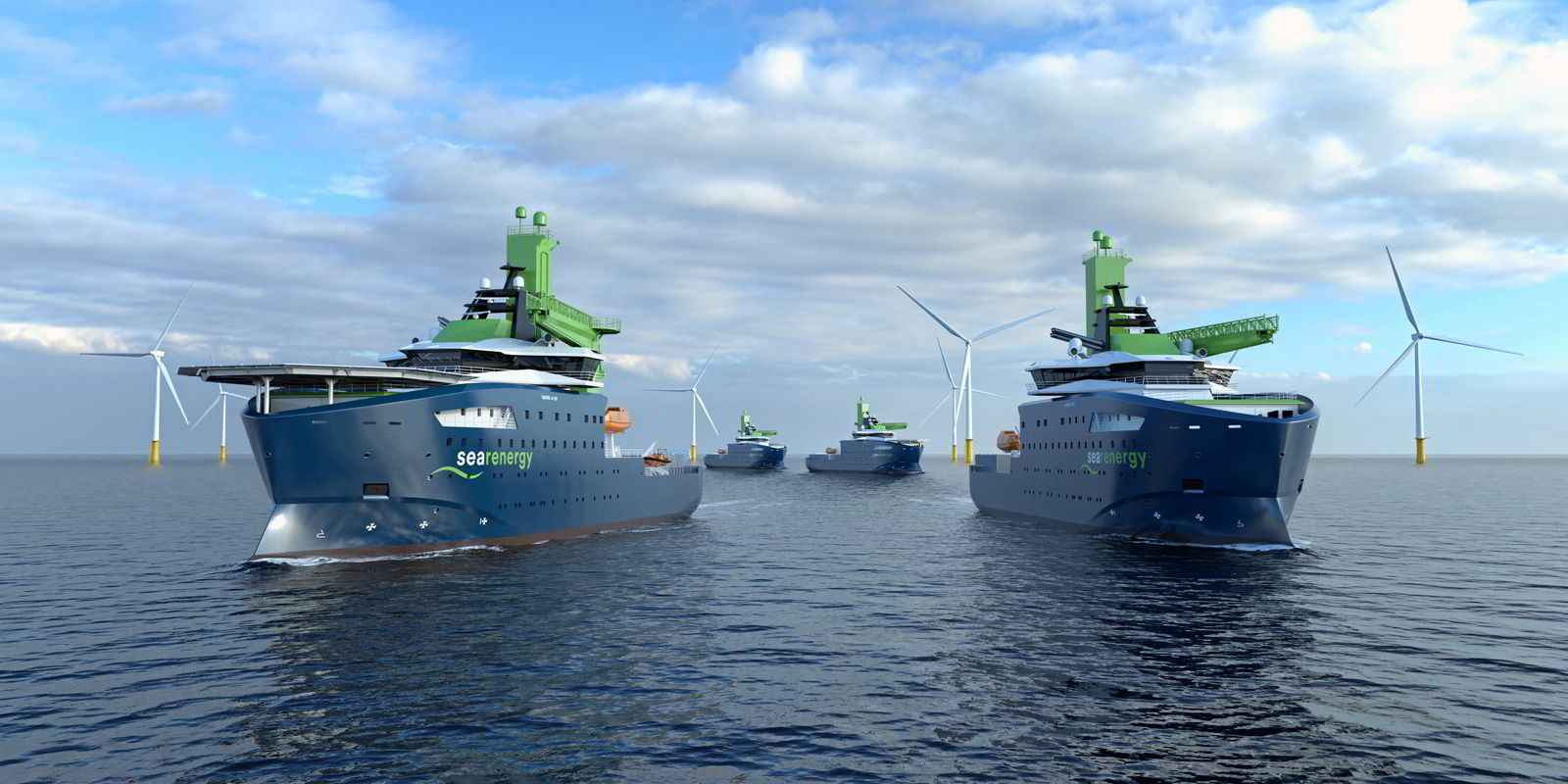
“The pressing question is how we can ensure an adequate supply of green fuel to meet shipping’s needs. Shipping often finds itself at the bottom of the priority list, given the larger demands from land-based industries. However, I remain optimistic about our prospects,” Paliou says.
As Diana’s deliveries aren’t due until 2027, it provides “us with a window of opportunity”, she adds.
“The landscape is evolving rapidly, and I believe there will be significant changes. While we may not be able to exclusively use green fuel for every voyage, even securing a portion of it for certain legs of our voyages can yield a substantial reduction in our carbon emissions. This in itself will be a positive step forward.”
She points to the sustainability imperative.
“I cannot see myself leaving a planet worse off than what I received, a society worse off than what I’m living in. The least I can do is try to keep it as it is, but if I can, I aspire to improve it,” she says.
“That's why I believe deeply in the principles of sustainable development, which have to do with the environment, our society and the concept of governance.
“And by governance, I refer to the application of best practices, being ethical, being moral, being inclusive and being just. These principles are at the core of our journey towards a more sustainable and equitable future.”
She feels that shipping has in some ways been its worst enemy in creating a positive narrative.
“The reason shipping has often been associated with negative stories is because the industry has historically been inward-looking when it comes to its pivotal role in the global economy.
“It has quietly facilitated the interconnectedness of the world, connecting people, goods and countries, yet the few stories that did emerge were predominantly negative.”
Paliou believes the industry has often undersold itself, inadvertently leading people to associate it primarily with negative narratives.
“It’s crucial to acknowledge that many seafarers have thrived, developed their skills, returned to their home countries and contributed to building their communities,” she says.
“Shipping has enhanced the lives of countless individuals on board vessels and ashore. It’s important to remember that the unfortunate stories that occasionally make headlines about seafarers not receiving their wages or being stranded are exceptions, not the rule.”
She was an early engager from the Greek community with the Global Maritime Forum, played a pivotal role in supporting its Athens summit, and remains a supporter.
“I find it invigorating and stimulating,” she says.
“For me, it’s the place where once a year I get together and hear of new ideas. It gets me thinking and understanding what is required in the future. It helps me get the bigger picture of our industry.”
